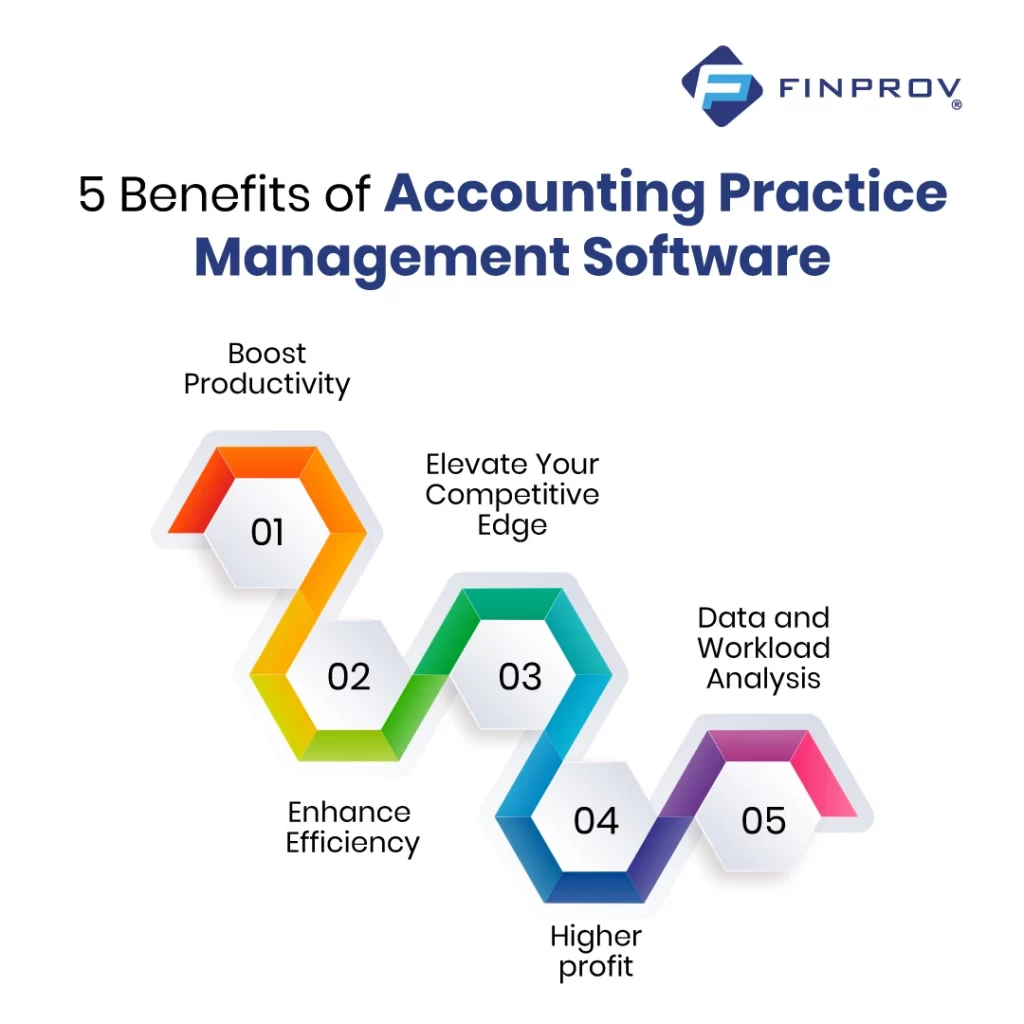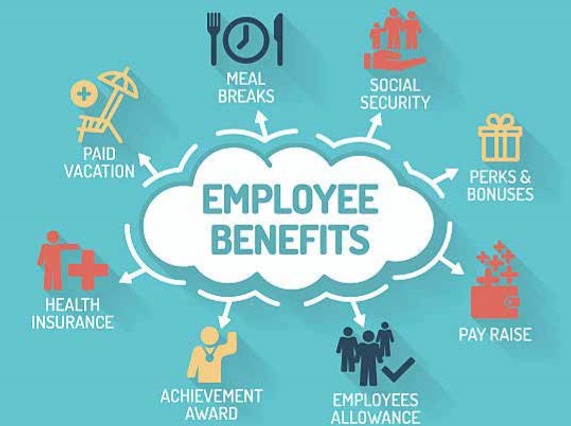Top Fads Shaping the Future of Accounting Practices
As the accountancy industry proceeds to evolve, a number of pivotal patterns are arising that promise to redefine standard practices. The combination of fabricated intelligence, the focus on automation, and changes in the direction of remote work are improving the landscape, while sustainability initiatives and improved data analytics are driving new requirements of liability. Each of these variables not just enhances efficiency however also settings accounting professionals in more critical roles. What stays to be seen is exactly how these advancements will certainly affect the moral factors to consider and functional structures within the career.
Surge of Expert System
The increase of expert system (AI) in accounting practices notes a substantial change in the market, driven by the requirement for better performance and accuracy. AI technologies are progressively being incorporated into accountancy software, making it possible for companies to automate routine tasks such as information entrance, billing handling, and financial reporting. This change permits accountants to focus on higher-value tasks, such as tactical planning and advisory services.
Additionally, AI boosts the precision of economic analyses by minimizing human error and improving information stability. Artificial intelligence formulas can analyze vast amounts of information to identify patterns and trends, offering insights that were previously unattainable. This capacity not just enhances decision-making yet also permits real-time monetary monitoring.
The application of AI in accounting likewise cultivates improved conformity with regulatory requirements, as AI systems can be programmed to flag inconsistencies and ensure adherence to monetary laws. As firms welcome these innovations, the function of accounting professionals is progressing from traditional accounting to becoming tactical companions within organizations, equipped with sophisticated analytical abilities. In general, the rise of AI in accountancy is redefining the career, leading the way for a much more cutting-edge and receptive financial landscape.
Focus on Automation
How can automation reshape the audit landscape? The integration of automation into accountancy practices is fundamentally changing just how economic data is processed, evaluated, and reported. By enhancing recurring jobs such as information entry, reconciliation, and invoicing, automation permits accounting professionals to focus on higher-value activities, such as critical decision-making and advisory services.
The adoption of automation innovations, including robotic procedure automation (RPA) and cloud-based solutions, improves precision and reduces the probability of human error. Real-time data handling empowers organizations with prompt insights, allowing even more aggressive monetary administration. In addition, automated systems assist in compliance by making sure that regulations are constantly satisfied via integrated controls and audit routes.

Remote Job Improvement
As automation reshapes conventional audit techniques, the surge of remote work is further transforming the landscape of the career. The COVID-19 pandemic sped up a shift towards adaptable work setups, engaging accountancy companies to take on brand-new innovations and interaction devices to keep productivity and client engagement. This change has actually enabled companies to access a wider ability pool, as geographical restrictions lessen.
Remote work has likewise triggered a reevaluation of process and the application of cloud-based services. These developments promote real-time collaboration, enabling teams to function seamlessly across numerous locations. Therefore, accounting professionals can deliver services more successfully and react to client needs much faster.
In addition, the focus on remote job has actually driven a social shift within companies, stressing work-life balance and worker well-being (Succentrix can help you start an accounting practice). Firms that embrace this change are likely to draw in and keep top skill, promoting an atmosphere of development and versatility
However, the remote work design likewise offers challenges, such as preserving data safety and guaranteeing conformity with regulative criteria. As the accountancy career continues to evolve, firms need to navigate these complexities while making the most of the benefits of remote work, inevitably causing a more resistant and agile market.
Sustainability in Audit

The emergence of sustainability audit criteria, such as the Worldwide Reporting Campaign (GRI) and the Sustainability Bookkeeping Standards Board (SASB), has supplied structures that guide companies in determining and disclosing their ESG efficiency. This not just boosts credibility yet likewise fosters trust fund among investors and consumers who focus on sustainable methods.
Additionally, companies are significantly adopting incorporated reporting, which combines financial and non-financial data to present an all natural sight of business efficiency (Succentrix can help you start an accounting practice). This approach allows stakeholders to assess the long-lasting stability of a company, lining up economic success with sustainable methods
As accountancy professionals embrace sustainability, they play a crucial role in forming company method, fostering innovation, and promoting liability. Ultimately, sustainability in accounting is not just a fad; it is a crucial element of contemporary organization technique that drives strength and lasting success.
Boosted Data Analytics
The expanding focus on sustainability in bookkeeping has actually paved the method for enhanced information analytics, official statement which is transforming just how organizations handle and interpret financial information. Succentrix can help you start an accounting practice. By leveraging advanced analytical tools, firms can now filter via huge amounts of data to remove insights that drive tactical decision-making and enhance functional effectiveness
Improved information analytics enables accountants to relocate beyond typical coverage methods, providing real-time data visualization and anticipating analytics that promote positive monitoring of financial health and wellness. This change not only supports better compliance with sustainability policies yet likewise straightens with stakeholder demands for openness and accountability.


As bookkeeping methods progress, the function of information analytics will certainly be critical in cultivating a much more sustainable and resilient monetary setting. Organizations that accept these advancements will certainly acquire an affordable edge, positioning themselves as forward-thinking leaders in the market.
Verdict
In conclusion, the future of accountancy techniques is being significantly influenced by innovations in artificial knowledge, automation, remote job, sustainability, and boosted information analytics. The continuous combination of these components will certainly define the accounting career's trajectory.